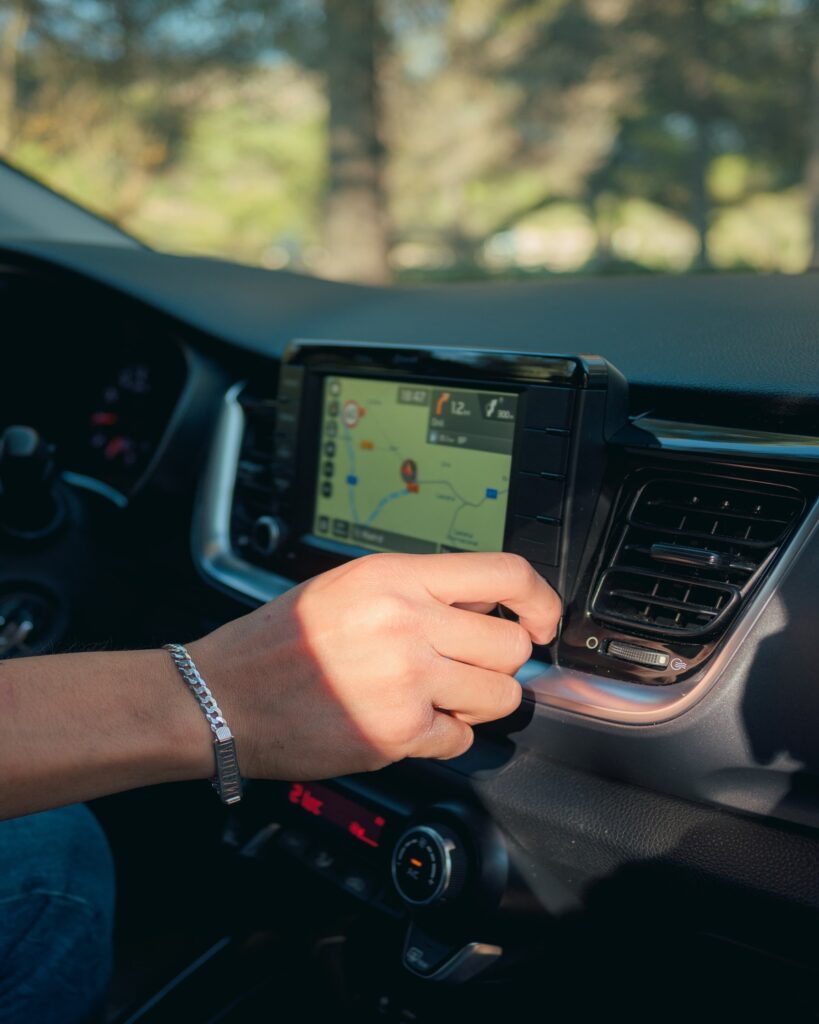When planning a shipment, one of the most important decisions is LTL or FTL.
Both options differ in cost, transit time, and cargo security, and choosing correctly can save money and reduce risk.
1️⃣ LTL — Less Than Truckload
LTL shipping means your freight shares trailer space with other shippers’ loads.
- 💰 Cost-effective – pay only for the space you use, perfect for small or regular shipments.
- ⏳ Longer transit times – freight may stop at terminals for consolidation or transfer.
- 📦 Higher handling risk – multiple touchpoints can slightly increase the chance of minor damage.
LTL is ideal when you have smaller volumes and flexible delivery deadlines.
2️⃣ FTL — Full Truckload
FTL means you book the entire trailer for your shipment.
- 🚀 Direct delivery – freight moves straight from origin to destination with no intermediate stops.
- 🔒 Maximum security – no transfers mean less chance of damage or loss.
- 💸 Higher price – you pay for the full truck, even if it isn’t completely full.
FTL is the best fit for large-volume freight, project cargo, fragile or high-value goods, or when tight deadlines are critical.
3️⃣ Key Decision Factors
To choose the right service, consider:
- Shipment volume – if freight fills more than half the trailer, FTL may be more economical overall.
- Urgency – FTL typically provides faster delivery.
- Value and fragility – expensive or delicate items stay safer in a dedicated truck.
- Delivery flexibility – if timing is not critical, LTL can reduce costs.
Conclusion
At MM Brothers Inc., we provide both LTL and FTL solutions across the United States.
Our logistics team will recommend the option that fits your cargo volume, schedule, and budget, ensuring secure and on-time delivery every mile of the way.






